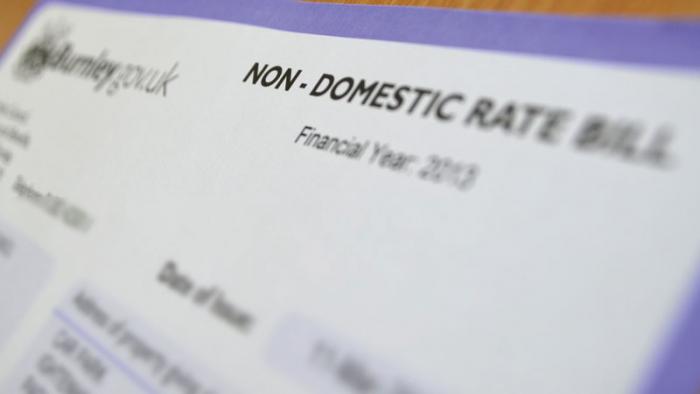We have commented recently in these news pages about the September 2019 inflation figures and their potential effect upon the Uniform Business Rate multiplier for next great year, 2020/21. Whilst the multiplier will not formally be confirmed until the local government finance settlement for next year is completed, the Government has introduced a statutory instrument which would have the effect of reducing, very slightly, next year’s multiplier in England, and probably also in Wales. The order, known as The Local Government Finance Act 1988 (Non-Domestic Rating Multipliers) (England) Order 2019 was laid before Parliament on 4 November.
Ratepayers could be forgiven for not knowing what the effect of this order will be, because the order says only “For the purposes of paragraph 3 of Schedule 7 to the Local Government Finance Act 1988, B is specified as 288.7 for the financial year beginning on 1st April 2020”. In fact, if this is implemented, its effect will be to reduce the small business Uniform Business Rate multiplier in England for 2020/21 from 50.0 pence to 49.9 pence. The figure of 50.0 pence is the one which would have resulted from the September 2019 CPI inflation figures, but it appears that government has become nervous of the idea of a 50 pence multiplier, and has introduced this legislation to keep next year’s small business multiplier in England below 50 pence. The multiplier for larger businesses, those occupying properties with a rateable value of £51,000 or more, would become 51.2 pence, assuming there is no change to the small business rate relief supplement.
If this order is passed as part of the local government finance settlement, it would also affect the Uniform Business Rate multiplier for Wales for next year, and would reduce that figure from 53.5 pence to 53.4 pence. The order has no application in Scotland, but it is possible that Scottish government could order a 0.1 pence reduction in next year’s business rate multiplier for Scotland, in line with that now proposed in England and Wales.
These proposed changes will only come into effect if they are approved by Parliament prior to the approval of the local government finance report for 2020/21. The local government finance report is normally approved in January and there is, of course, a general election to be negotiated before then. So, for the time being, businesses may wish to be cautious when budgeting for rate liabilities next year. This is just another example of the current paralysis in policy-making affecting UK businesses.

